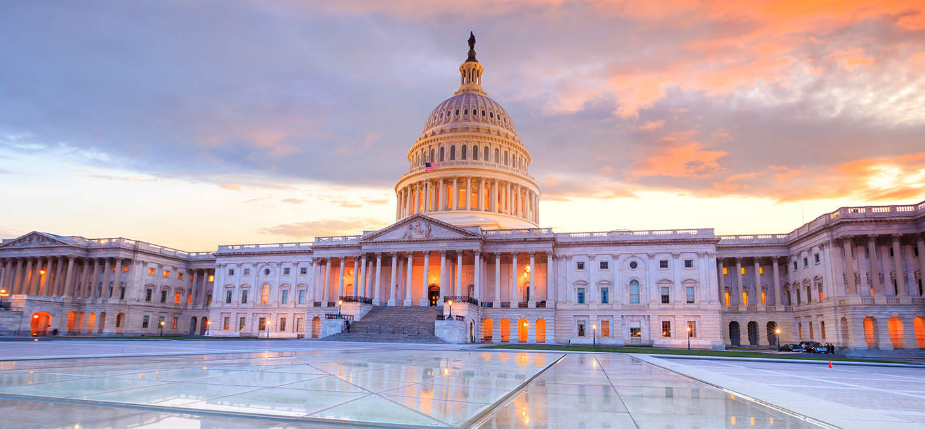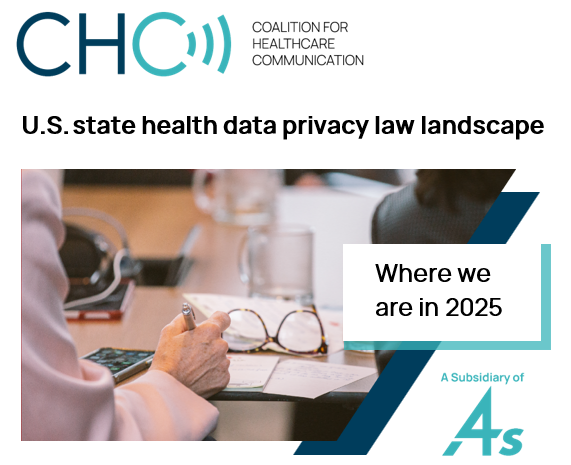The proposed American Privacy Rights Act (APRA) has taken its first step U.S. House legislative process with several issue disagreements becoming more evident. On May 23, the U.S. House Committee on Energy and Commerce Subcommittee on Data, Innovation and Commerce approved the updated APRA, advancing the bill to full committee consideration. Just prior to the markup session, a new version of the bill was released with several definitional and policy changes from the initial discussion draft introduced in April. With the late release of the draft APRA, lawmakers did not submit amendments during the markup under the presumption they can get items addressed in the leadup to the full committee markup.
There have been no announcements on when the full committee would proceed with the bill, where their chance for moving forward is uncertain. Long-debated topics of the proposed private right of action and federal preemption of U.S. state privacy laws were not among the issues raised during the subcommittee markup. In advancing the bill, many subcommittee members stressed that the APRA legislation was a work in progress.
Changes in Opt-Out Provisions
The APRA’s opt out of transfer requirement is now limited to transfers of covered data to third parties. The current draft APRA would also except transfers of covered data for any permitted purpose except targeted advertising and public research. This revised APRA draft would also direct the Federal Trade Commission (FTC) to include a requirement that universal opt-out mechanisms cannot be set by a third party on behalf of an individual. In addition, the update draft APRA would create a deletion mechanism as part of an FTC-operated data broker registry, in addition to the do not collect mechanism from the initial version.
COPPA 2.0 Appended
Notably, the biggest and most controversial change to the latest APRA proposal was the inclusion of elements of the House draft Children’s and Teens’ Online Privacy Protection Act (COPPA 2.0), which was added on to the end of the bill instead of a more detailed incorporation. COPPA 2.0 House co-sponsors, Representatives Tim Walberg (R-MI) and Kathy Castor (D-FL), expressed their dismay that the children’s protections in their targeted bill were not fully included in the updated APRA text. Several subcommittee members also indicated their reservations about the watered down version of COPPA 2.0 being added to the comprehensive bill.
APRA has yet to be introduced in the Senate. Some Senators have also expressed strong opposition to the bill, including Senate Commerce Committee Ranking Member Ted Cruz (R-TX), who said he would not support a bill that includes a private right of action or giving additional authority to the FTC.
For questions or further information on the APRA, please contact Jim Potter, CHC Executive Director.




